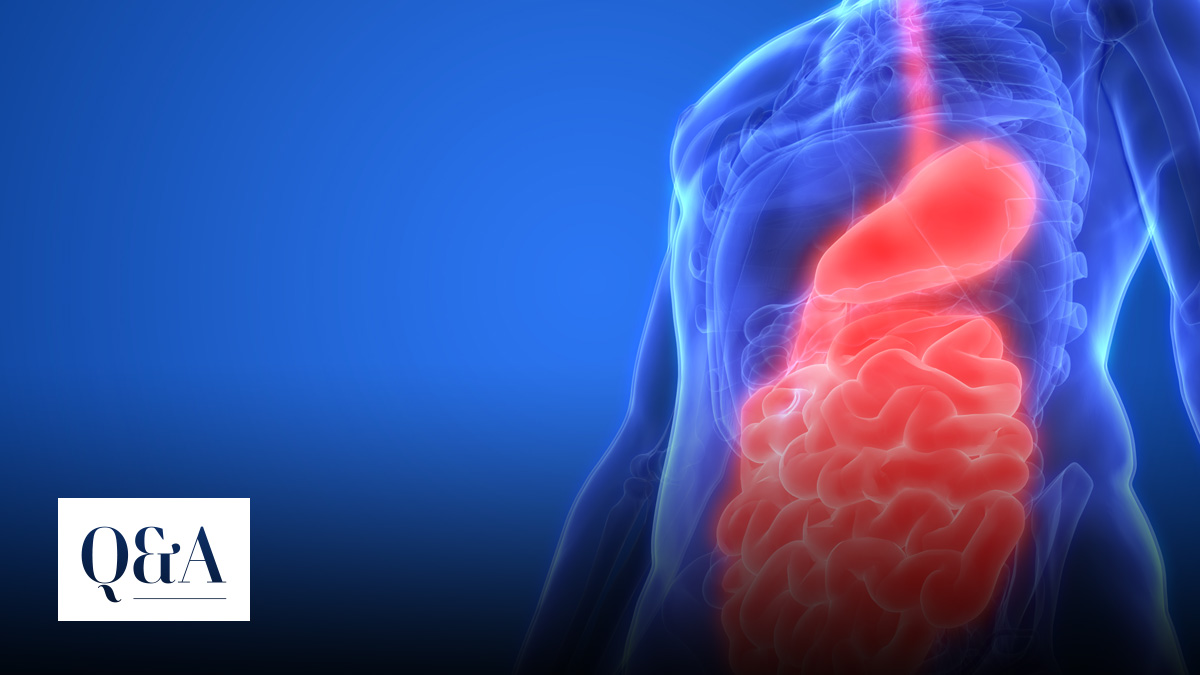Celltrion gears up for subcutaneous infliximab launch in Europe

Celltrion Healthcare’s subcutaneous (SC) formulation of its infliximab biosimilar, codenamed CT-P13 SC, looks set to launch in Europe in the coming months in rheumatoid arthritis, after a positive opinion from regulators.
HoUng Kim, head of Celltrion’s medical and marketing division, spoke to pharmaphorum’s Richard Staines about the company’s plans to market the drug and expand its use into gastrointestinal indications.
How does Celltrion plan to market the new SC formulation, will it be available at the same price as the original IV formulation or will Celltrion charge extra?
Infliximab is an intravenous (IV) anti-TNF-α therapy, in which its safety and efficacy is supported by nearly 20 years of real-world experience. Whilst infliximab is proven to be effective in treating IBD compared to other biologics and for its rapid onset of response, there is a need for improved convenience in its administration for many patients and physicians. In order to reflect these needs, Celltrion has decided to develop the subcutaneous (SC) formulation of infliximab.
In terms of the biological treatment sequence, rheumatoid arthritis (RA) patients tend to switch to biologics with a different mechanism of action (MOA) or JAK-inhibitors when there is any loss of response in the first-line treatment with an anti-TNF-α. However, with the availability of the CT-P13 SC, patients could now be treated with infliximab SC before switching to other more expensive, different-MOA biologics or JAK-inhibitors. In other words, we would like to position CT-P13 SC as the first choice in second line treatment in patients with RA.
As for IBD patients, CT-P13 SC could be used as first line therapy if there are no existing maintenance treatment problems in the course of the patient’s treatment pathway. Celltrion hope to seek an indication in IBD following the results of an ongoing phase 3 study. In addition, Celltrion is bringing various patient support programs to provide additional value throughout the course of a patient’s treatment and to reduce the burden on the healthcare system.
The price for CT-P13 SC may vary among countries, since it is set according to the local regulations and pricing and reimbursement system. However, CT-P13 SC will not be dependent on pricing competitiveness with other biosimilars, as it brings additional benefit and value to the healthcare community.
How will Celltrion capture the Quality of Life benefits associated with the SC formulation?
Whilst there will always be a need for IV anti-TNFs in IBD treatment to deliver high dosage during induction, a new, subcutaneous (SC) formulation of infliximab has the potential to change the way patients manage their condition on a day to day basis, offering them greater choice and convenience in the long term.
As IBD patients have to commit to a treatment for years and even decades, patient adherence and compliance, which are closely related to convenience, is a key issue. Therefore, a new SC formulation of infliximab will offer patients a better quality of life by releasing them from the burden of having to travel to treatment centres for IV infusions.
Offering patients the capability to self-administer will reduce demand on healthcare systems, keeping patients out of clinics and providing clinicians with additional time to spend with other patients.
Patient-tailored kits such as TDM and the calprotectin kit allow patients to monitor the course of their disease without the need to visit a hospital for testing. In turn this helps to maximise drug efficacy and allow personalised/optimised drug treatment improving a patient’s quality of life.
What kind of support has the product had from doctors so far, and are there any other strategies Celltrion can use to get them on board such as getting SC infliximab included in national guidelines?
Anti-TNFs like infliximab have already been a mainstay in the management of IBD for years and so we expect that CT-P13 SC will play an important role in treating patients with autoimmune diseases. Moreover, infliximab is a proven therapy with more than 20 years of real-world experience and it has been proven to be effective in treating IBD patients compared to other biologics according to the study data ‘Personalized Anti–Tumor Necrosis Factor (anti-TNF) Therapy in Crohn Disease (CD) Study (PANTS).’
During the recent UEG Week 2019 in Spain, our trial investigators said that they expect CT-P13 SC to be of huge benefit for IBD patients in remission phase if using SC as a maintenance therapy.
In order to get more physicians involved and get their first-hand experience with CT-P13 SC, Celltrion is currently planning various clinical studies (both investigator initiated trials (IIT) and sponsor initiated trials (SIT).
Lastly, infliximab IV is commonly included in national guidelines and so Celltrion is committed to working closely with stakeholders such as physicians, regulatory agencies and patient groups to support national authorities implement policies relating to infliximab SC as well, to ensure patients are able to access this treatment.
Does Celltrion plan to use this strategy – producing a SC formulation of a biosimilar mab – for any of its other medicines?
Anti-TNFs have been a mainstay in the management of IBD for years, yet their use continues to evolve, with new trends emerging. As more and more biosimilars enter the market we expect that a limit on price competition will be reached.
Therefore, Celltrion Healthcare is focused on its differentiation strategy for each individual biosimilar product in our pipeline, and we are planning to adopt several value-add features as we have done with CT-P13 SC.
According to each biosimilar products’ characteristics, we are planning to adapt various device options to improve convenience in administration.












